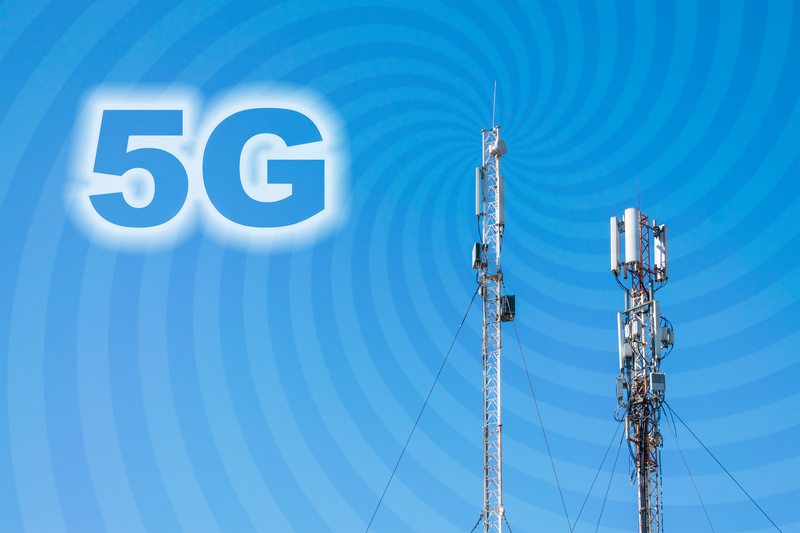
Photo: 5G-cell-dreamstime_s_118095965
T-Mobile launches lawsuit against the City of San Francisco over 5G upgrade
24 November 2020
by Sarah Wray
T-Mobile US has filed a lawsuit against the City and County of San Francisco and its Department of Building Inspection, claiming that officials have not responded fast enough to its requests to upgrade cell sites to 5G.
The lawsuit states: “To improve and enhance its ability to serve its customers, particularly in light of the significant increase in demand driven by the Covid-19 pandemic, which has emphasised the importance of new technologies, such as 5G, distance learning, and a robust network, T-Mobile needs to modify and upgrade many of its existing wireless installations in the City of San Francisco.”
Shot clock
The telecom company complains that it has experienced “significant delays” for 27 applications submitted to the city between June and August, noting that “the city had not acted on the applications even by late October 2020, well over 60 days after they were submitted”. This refers to the US Federal Communications Commission’s (FCC) “shot clock”, which requires cities to act on operators’ 5G cell site upgrade applications within 60 days.
On October 20, T-Mobile notified the city in writing that the 27 applications were deemed automatically granted, as per FCC rules, and the city issued permits for 11 of the applications, but 16 remain outstanding, according to T-Mobile.
T-Mobile says the modifications that it needs to make are “minor”, and often involve just swapping existing antennas or adding a small number of new antennas and associated equipment to existing rooftop installations. It is seeking a declaratory judgment affirming the 16 applications’ granted status and injunctive relief compelling the city to issue the remaining permits.
John Cote from the San Francisco City Attorney’s Office said: “We will review the lawsuit thoroughly once we’ve been served with it, and we will address it in court.”
T-Mobile declined to comment further.
Under pressure
The lawsuit is the latest development in a long-running legal dispute between the US telecoms industry and some cities over 5G infrastructure.
Other telecom companies have taken similar legal action against cities following new FCC rules approved in 2018, which intended to speed up the roll-out of 5G and limit what municipalities can charge for attaching equipment to city-owned infrastructure.
Several cities and city representatives filed a lawsuit to try and block the rules. They argue that local governments should retain autonomy to charge market rates, protect public rights of way and ensure equitable roll-out. In August, a federal appeals court upheld most of the FCC’s rules.
Dario Talmesio, Research Director specialising in service provider strategies, regulation and 5G at research and analyst firm Omdia, said more action of this type could follow.
He told Cities Today: “As businesses and industries will increasingly rely on these networks, we will see mounting pressure on local governments to simplify, standardise and accelerate approval processes.
“The stakes are high. So much is going to rely on robust connectivity, especially in a pandemic and post-pandemic world. Cities can’t afford to let their local businesses and communities lose their competitive edge, which is something 5G will bring to them.”
The lawsuit comes as the digital divide has shot to the top of cities’ priority lists during the COVID-19 crisis, and some local government officials are concerned that 5G could widen access gaps without adequate oversight.








